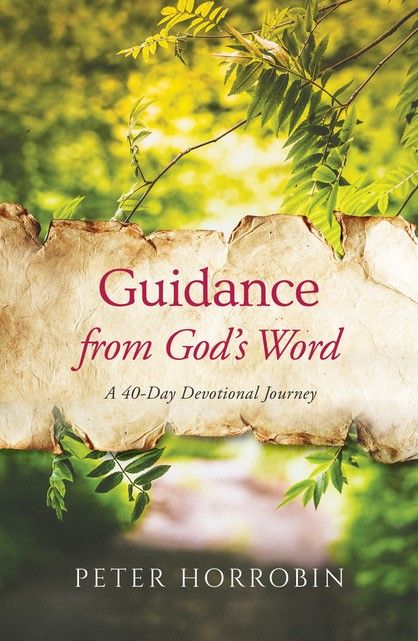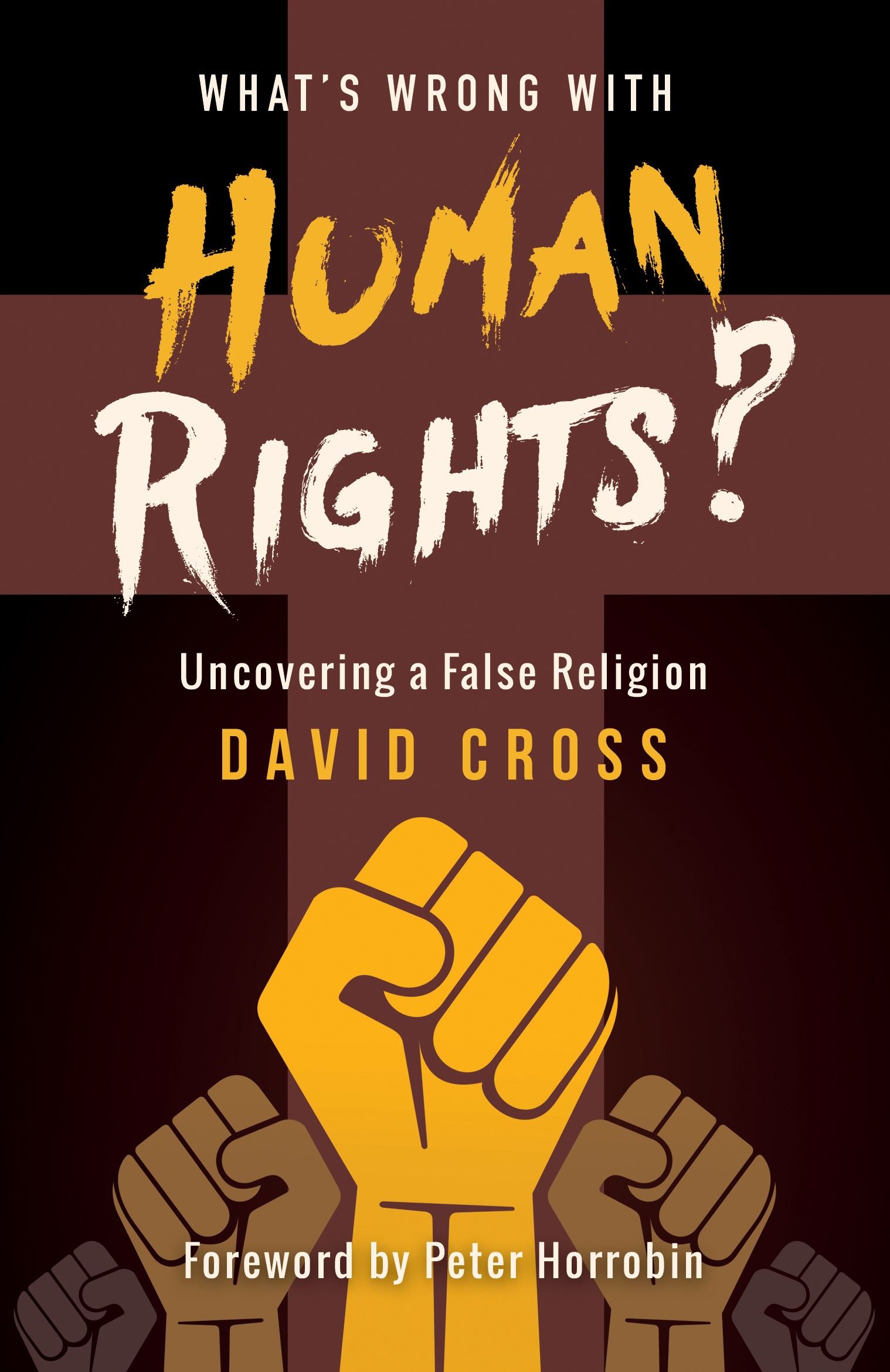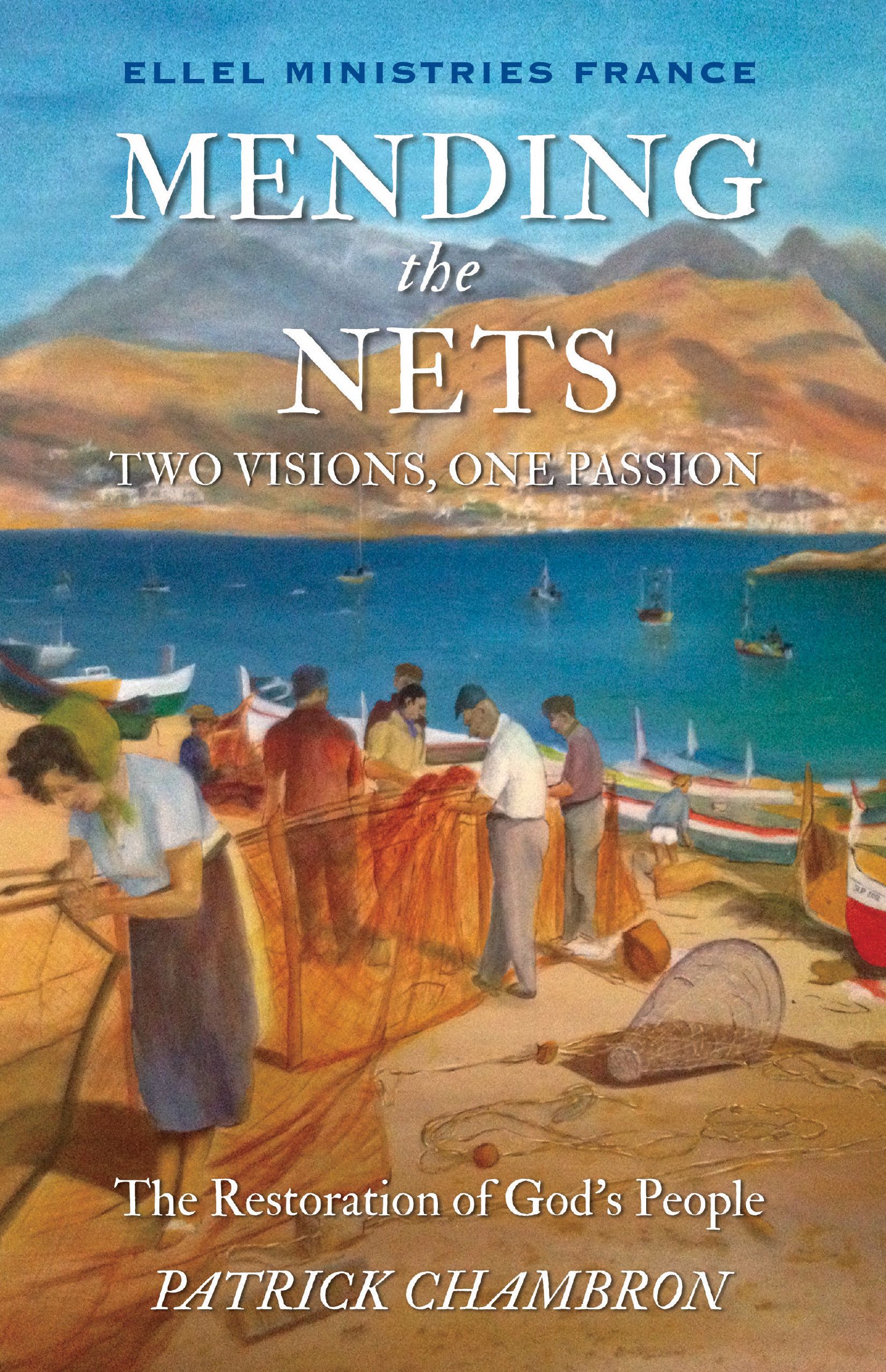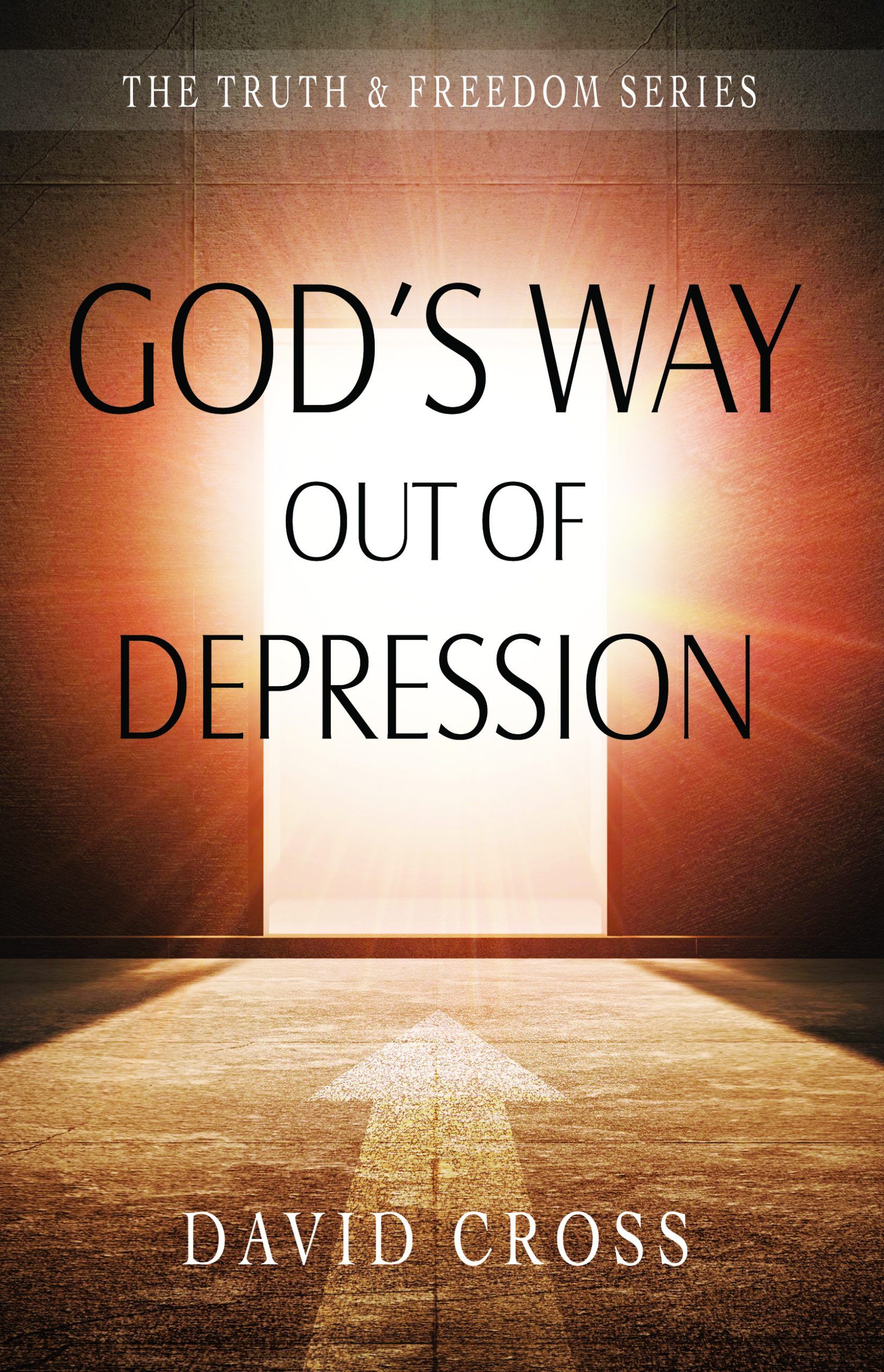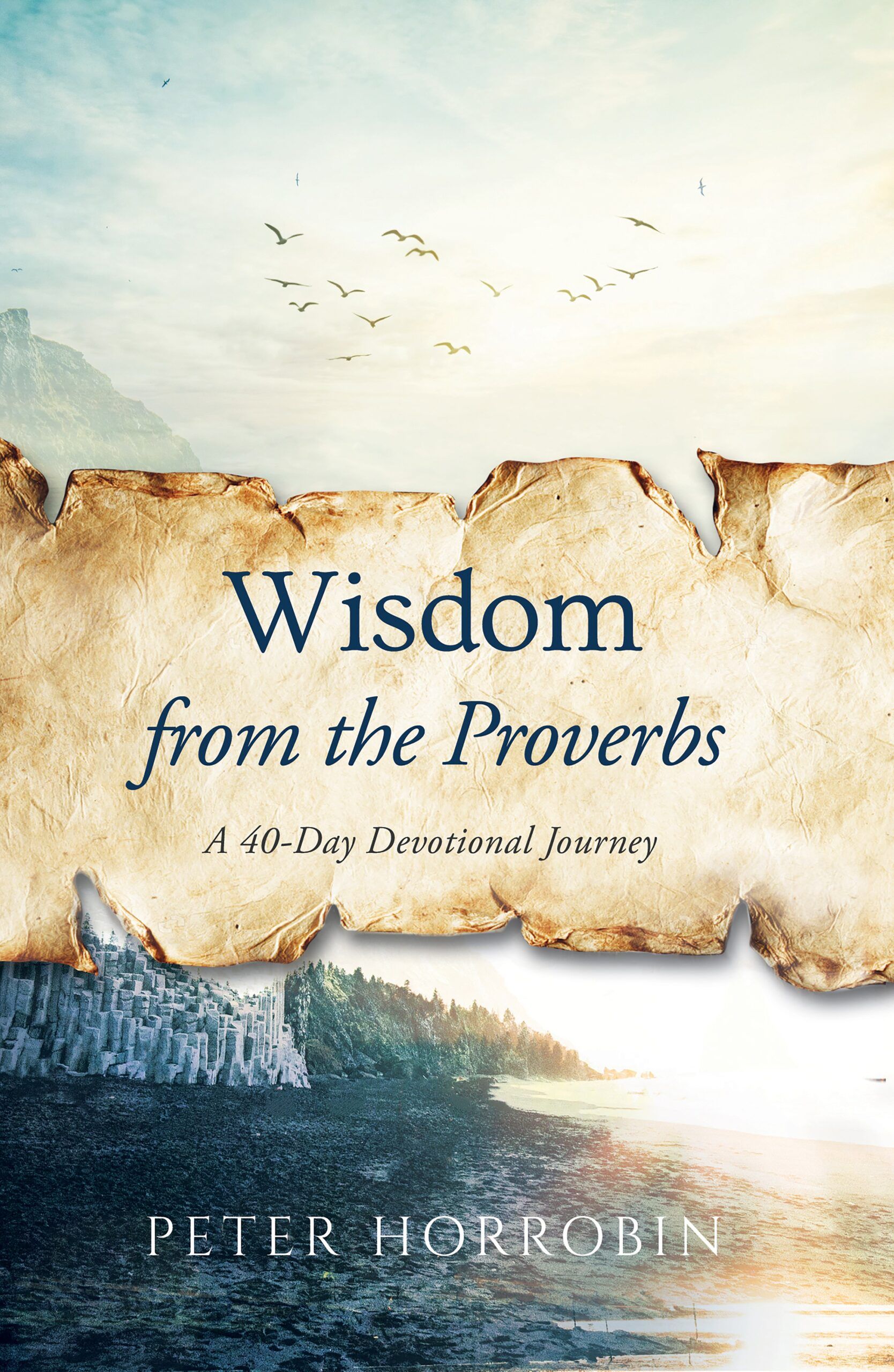
What God desires
by Liz Griffin
When Jesus burst on the scene healing the sick and casting out demons He caused a sensation everywhere He went. Nobody could be neutral about Him and they either chose to follow Him or hate Him. The Pharisees chose to hate Him and accused Him of all kinds of wrongdoing.
Jesus quoted Hosea 6:6 to them more than once ‘For I desire steadfast love and not sacrifice, the knowledge of God rather than burnt offerings’. He said it to the Pharisees when they criticised him for eating with tax collectors and sinners (Matthew 9:13). Go and learn what this means, ‘I desire mercy, and not sacrifice.’ For I came not to call the righteous, but sinners’ (Matthew 9:13 ESV).
He also said it to them when they criticised him for allowing His disciples to eat from the field on the Sabbath. ‘And if you had known what this means, ‘I desire mercy, and not sacrifice’, you would not have condemned the guiltless’. As soon as He had said it He went to the synagogue and healed a man with a withered hand, despite their forbidding it as unlawful, causing them to want to destroy Him.
In the original Hebrew the word used is chesed which is not so easy to translate into English. It means the covenantal love that God desires to give to His people and to receive from them. English translators have chosen the words ‘mercy’ and ‘loving –kindness’, ‘compassion’ and ‘steadfast love’ to try to convey the meaning.
Religious rituals and ceremonies were never meant to take the place of relationship with God. He always looked at the heart, longing for a response of love. This love should flow out of the heart towards God and towards others. The love we show to others should be unselfish and caring, particularly for the poor the weak and the helpless.
Matthew tells us that as Jesus healed those who followed Him He was fulfilling the prophecy of Isaiah so long ago that the Messiah would be a suffering servant who was gentle and filled with the Spirit. ‘A bruised reed He will not break, and a smouldering wick he will not quench’ (Isaiah 42:1-3). Jesus had already described Himself as ‘gentle and lowly in heart’ (Matthew 11:29).
The harsh, unloving rules of the Scribes and Pharisees, which they said were God’s rules, were described by Jesus as a yoke which was too heavy and a burden that was heavy - too heavy to carry. Jesus offered a different way of freedom from this oppression and false guilt from trying to reach impossible goals to please God.
Prayer: Dear Heavenly Father, please may we understand and learn what Your heart is. Keep us from crushing others with rules and rituals that are unnecessary, and from condemning others for not reaching the standard we set. Help us to be loving and kind and to keep in close relationship with You. Amen.
Please feel free to use this devotional to send on to your friends or share with your church fellowship. Provided full acknowledgement is made to Seeds of the Kingdom as the source, you are also welcome to use it in a non-commercial way and reproduce it in magazines or other Christian websites. The copyright for any commercial use of the material remains with Ellel Ministries International.



